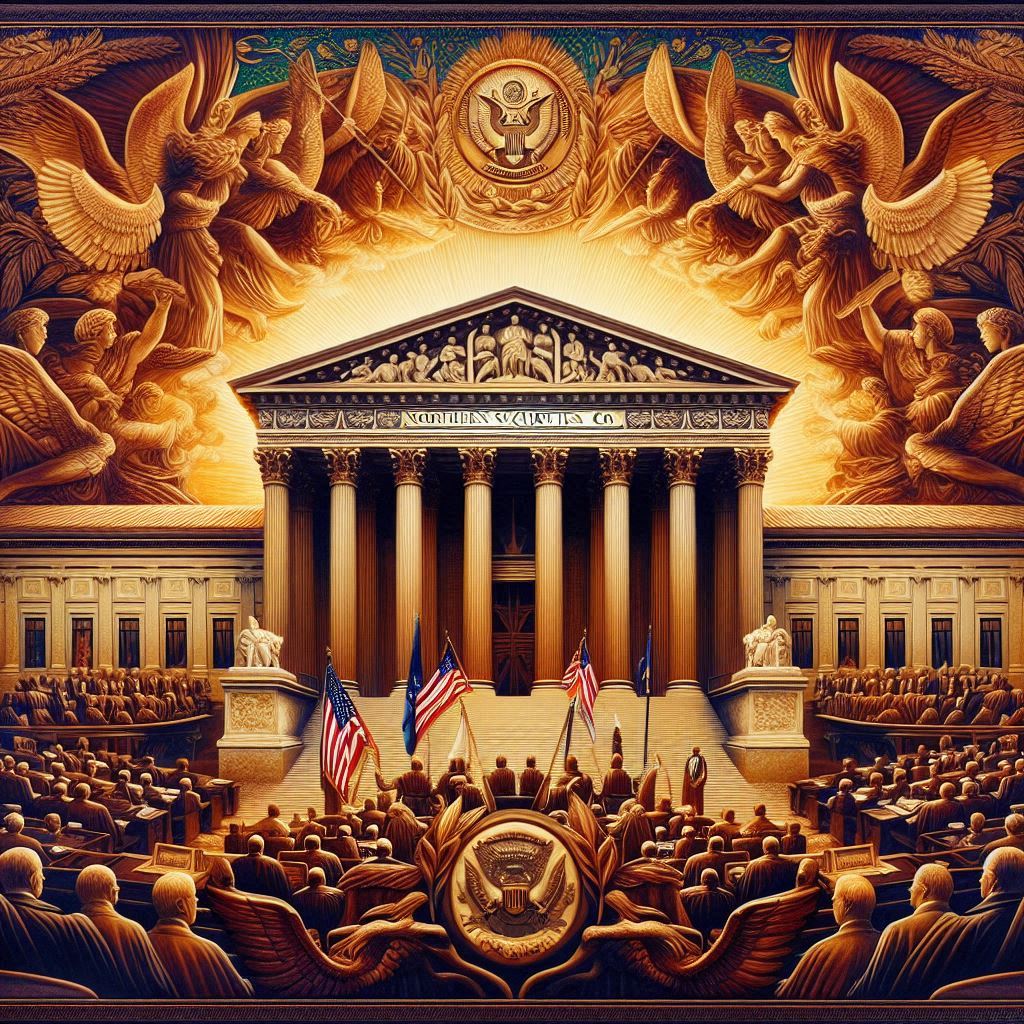Case Overview:
Northern Securities Co. v. United States, 193 U.S. 197 (1904), was heard by the U.S. Supreme Court in 1903. The Court ruled 5-4 against the stockholders of the Great Northern and Northern Pacific railroad companies, which had essentially formed a monopoly, leading to the dissolution of the Northern Securities Company.
Facts of the Case:
In 1901, James Jerome Hill, the president and largest stockholder of the Great Northern Railway, secured financial backing from J. P. Morgan to acquire the Chicago, Burlington and Quincy Railroad (CB&Q). The CB&Q was highly profitable, serving the Midwest and Great Plains and connecting the Twin Cities to Chicago, a key rail center. Hill’s strategy involved a joint purchase of CB&Q by his railroad and Morgan’s Northern Pacific Railway. However, Edward Henry Harriman, president of the Union Pacific and Southern Pacific Railroads, also sought to acquire CB&Q. When Hill refused Harriman’s demand for a one-third interest, Harriman began buying Northern Pacific stock, prompting Hill and Morgan to do the same. This stock-buying spree caused Northern Pacific’s stock price to skyrocket, threatening a New York Stock Exchange crash. Ultimately, Hill and Morgan outmaneuvered Harriman and gained control of Northern Pacific and CB&Q. In response, Hill created the Northern Securities Company to control these railroads, alarming the public with the potential for a massive monopoly. President McKinley was reluctant to pursue antitrust action, but after his assassination, Vice-President Theodore Roosevelt directed the Department of Justice to sue Northern Securities. Assistant Attorney General Milton D. Purdy led the case.
Judgment:
Justice Harlan ruled the merger unlawful, with Justices Day, Brown, McKenna, and Brewer concurring. Justice Holmes, joined by Fuller, White, and Peckham, dissented, famously stating, “Great cases like hard cases make bad law. For great cases are called great, not by reason of their real importance in shaping the law of the future, but because of some accident of immediate overwhelming interest which appeals to the feelings and distorts the judgment.”
Significance:
Hill was forced to disband Northern Securities and manage each railroad independently. The Northern Pacific, Great Northern, and Chicago, Burlington and Quincy companies eventually merged in 1969. The case exemplified Roosevelt’s trust-busting efforts under the Sherman Antitrust Act (1890) and marked a significant victory for the antitrust movement.

